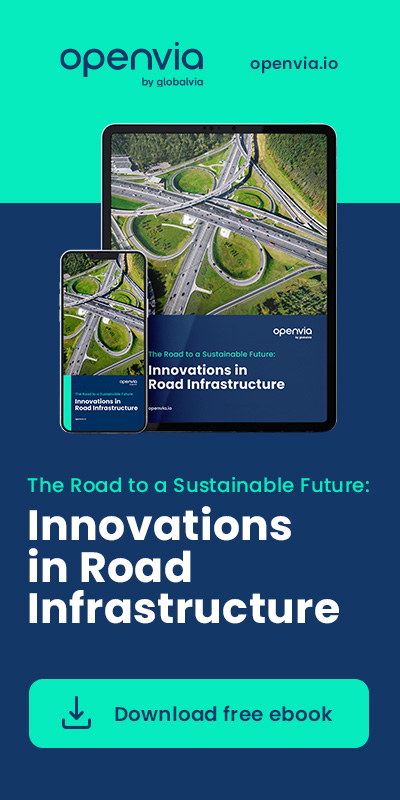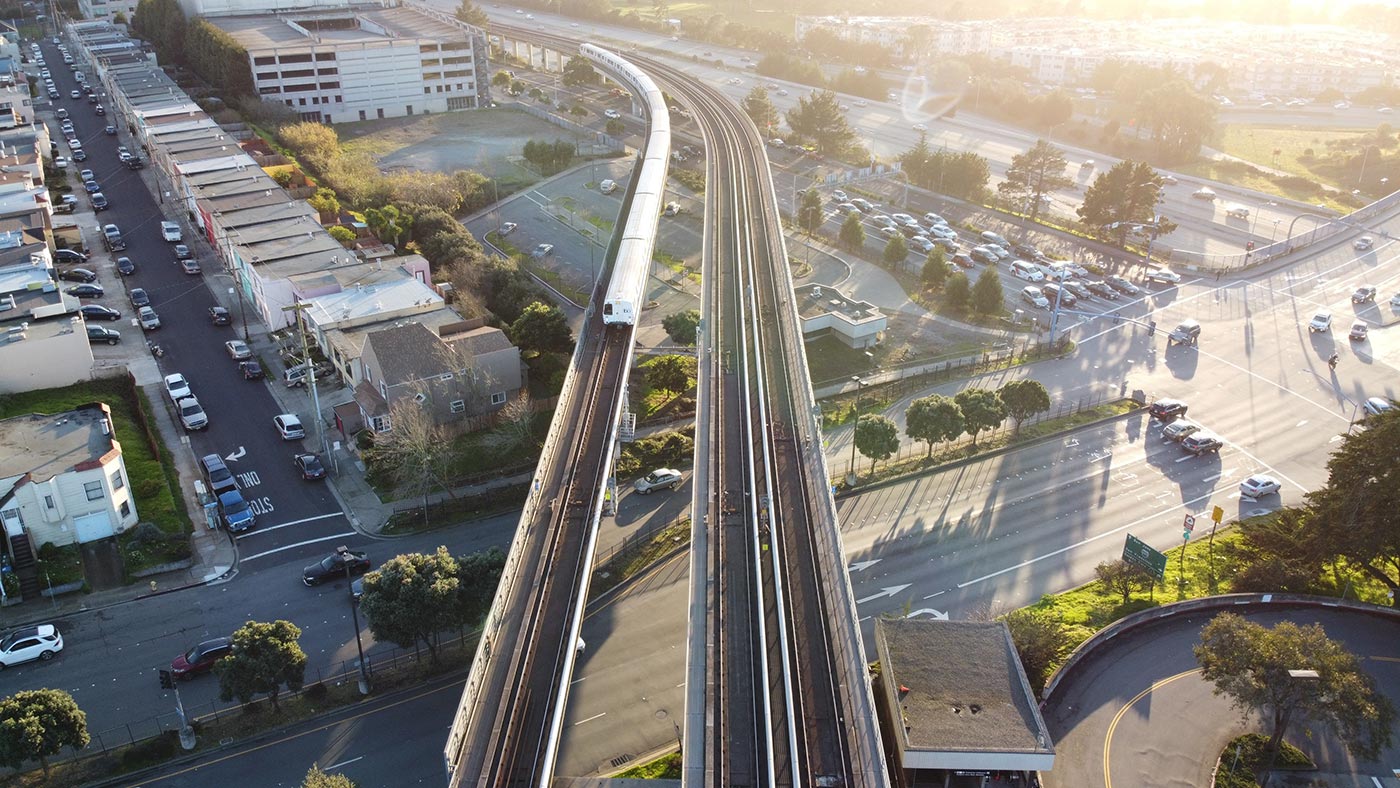In recent years, the transportation sector has experienced a significant transformation driven by technological advancements. This evolution has led to the development of highly efficient mobility solutions that are reshaping how we move within urban environments and beyond. Central to this transformation are concepts such as innovation in mobility, smart mobility, advanced transportation technology, and sustainable mobility solutions.
This article explores:
- how technology is redefining modern mobility
- highlights key advances in transportation digitalization
- examines the role of automation in operational efficiency
- discusses emerging trends in sustainable mobility
How Technology Is Redefining Modern Mobility
The integration of cutting-edge technologies into transportation systems has revolutionized mobility solutions, making them more efficient, accessible, and user-centric. One notable development is the rise of mobility as a service (MaaS), which integrates various modes of transportation into a single, accessible platform. This allows users to seamlessly plan, book and pay for trips. This innovation enhances convenience and encourages the use of public and shared transportation options, reducing reliance on private vehicles.
Another significant development is the proliferation of smart mobility solutions that leverage data analytics, artificial intelligence and the Internet of Things (IoT) to optimize transportation networks. For example, cities are implementing smart traffic management systems. This model adjusts signal timings based on real-time traffic conditions, thereby reducing congestion and improving traffic flow. Additionally, ride-sharing platforms utilize algorithms to match passengers traveling in similar directions, promoting carpooling and decreasing the number of vehicles on the road.
Key Advances in Transportation Digitalization
The digitalization of transportation has led to several key advancements that enhance the efficiency and effectiveness of mobility solutions. One such advancement is the development of digital platforms that facilitate on-demand mobility services.
Companies like ioki have created ridesharing platforms that allow users to book shared rides in real time. This optimizes routes and reduces travel times. These platforms use data-driven transportation planning to match services to actual demand. This ensures efficient use of resources.
Furthermore, the integration of advanced navigation systems has improved the precision and reliability of public transportation. For example, specialized navigation systems for bus drivers provide real-time updates on traffic conditions and suggest optimal routes, enhancing punctuality and service reliability. Such digital tools contribute to a more responsive and resilient transportation network.
The Role of Automation in Operational Efficiency
Automation plays a pivotal role in enhancing the operational efficiency of mobility solutions. Autonomous vehicles, including self-driving cars and drones, are at the forefront of this technological shift.
In China, plans are underway to introduce 100,000 flying cars, known as Electric Vertical Takeoff and Landing Vehicles (eVTOLs). These vehicles are expected to serve as air taxis, delivery vans, and personal transport options. This shows the potential of automation to revolutionize urban mobility.
Additionally, automation in logistics, such as the use of autonomous delivery robots, is transforming last-mile delivery services. The EfeuCampus project in Germany exemplifies this trend by developing autonomous, emission-free freight logistics solutions for urban areas. These robots navigate complex urban environments to deliver goods efficiently, reducing the need for traditional delivery vehicles and contributing to lower emissions.
Emerging Trends in Sustainable Mobility
Sustainability is a core focus in the evolution of mobility solutions. There are several emerging trends currently shaping the future of transportation. One notable trend is the emphasis on micro-mobility options. We find examples in electric scooters and bicycles, which offer convenient alternatives for short-distance commuting.
Another trend is the development of sustainable urban logistics. Innovations like the EfeuCampus project aim to create eco-friendly logistics solutions by utilizing autonomous delivery robots and cargo drones. These technologies facilitate emission-free deliveries in urban areas, addressing the growing demand for sustainable last-mile logistics.
Furthermore, the expansion of electric vehicle (EV) infrastructure is crucial for promoting sustainable mobility. Initiatives like Houston’s partnership with Evolve to expand electric vehicle micro-transit services demonstrate the commitment to integrating EVs into public transportation networks. Such efforts not only reduce emissions but also encourage the adoption of clean energy solutions in urban mobility.
In conclusion, technological advancements are driving the development of highly efficient mobility solutions that prioritize innovation, automation, and sustainability. The integration of digital platforms, autonomous technologies, and eco-friendly transportation options is reshaping the mobility landscape. This new scenario offers promising prospects for the future of transportation.






